These reflections are a result of more than 40 years of ministry as a Roman Catholic priest. Most of these years I spent in the Diocese of Charlotte which covers Western North Carolina. Now I am retired, and live in Medellín, Colombia where I continue to serve as a priest in the Archdiocese of Medellín.
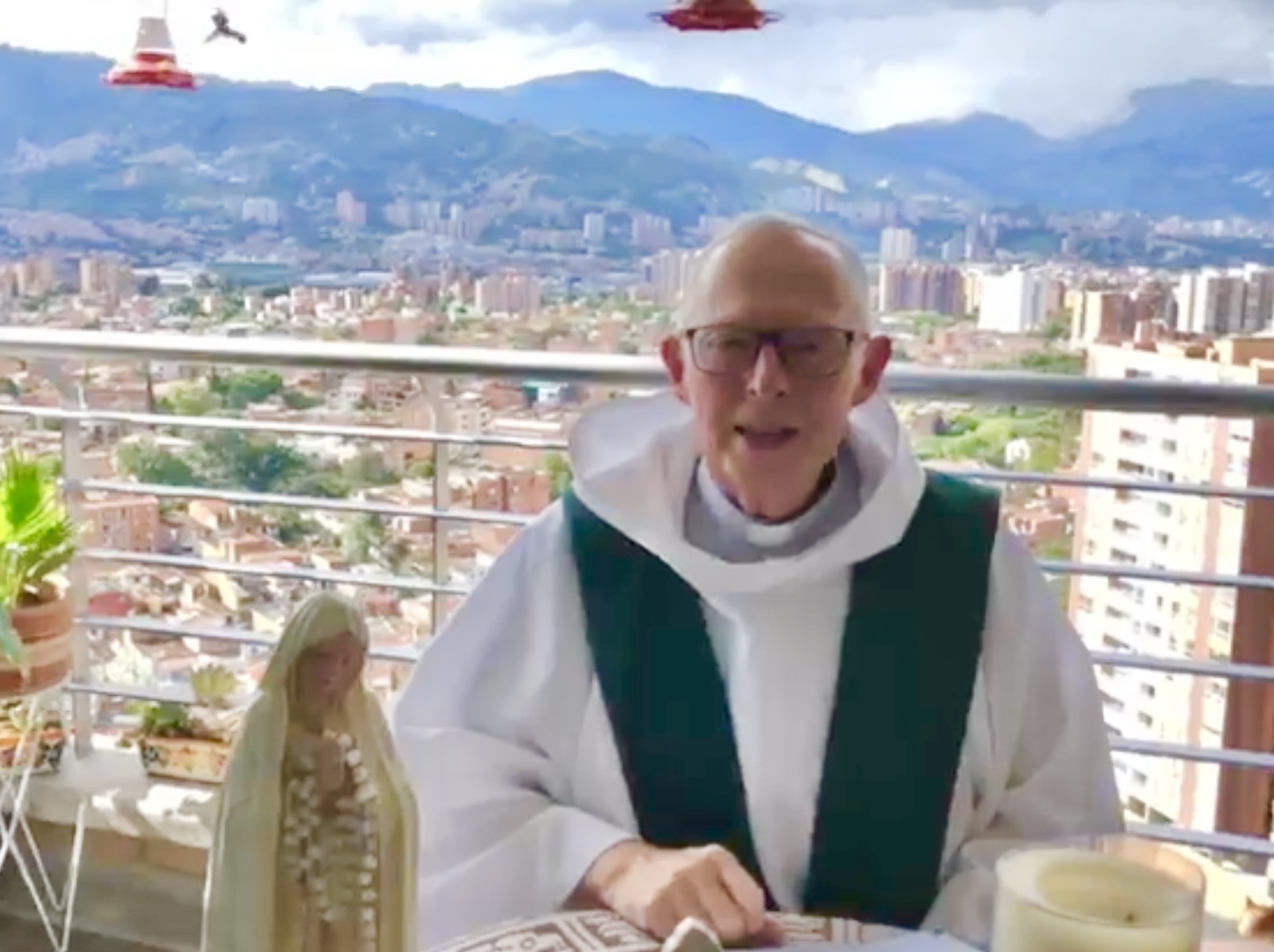
Responsorial Psalm (Psalm 119)
R. How sweet to my taste is your promise!
How sweet to my palate are your promises,
sweeter than honey to my mouth!
R. How sweet to my taste is your promise!
https://bible.usccb.org/bible/readings/111822.cfm
The sweetness of God’s Word fills our hearts and minds and calls us to remember the promises God has made. The dedication of the basilicas of the two apostles, Peter and Paul, reminds us that God is faithful and that the foundation of the church rests on the preaching and the witness of the two greatest martyrs. Today is the 4th anniversary of my arrival in my new home, Medellín, Colombia.
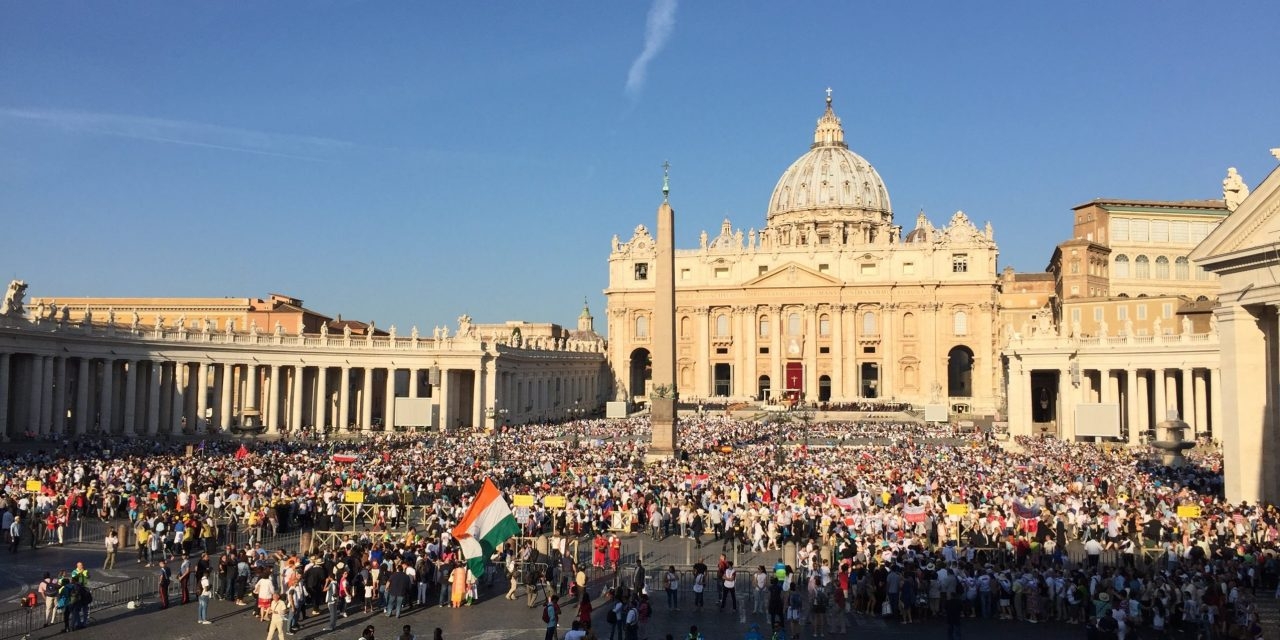
“Worthy are you to receive the scroll and break open its seals, for you were slain and with your Blood you purchased for God those from every tribe and tongue, people and nation. You made them a kingdom and priests for our God, and they will reign on earth.” (Rev 5:1-10)
https://bible.usccb.org/bible/readings/111722.cfm
A kingdom and priests for our God . . . the Second Vatican Council drew on this passage of scripture when speaking about the People of God: these faithful are by baptism made one body with Christ and are constituted among the People of God; they are in their own way made sharers in the priestly, prophetical, and kingly functions of Christ; and they carry out for their own part the mission of the whole Christian people in the Church and in the world.” Saint Elizabeth of Hungary (1207-1231) cared for the sick and is the patron saint of the Third Order of Saint Francis of Assisi. “Priestly people, Kingly people, holy people. God’s chosen people, sing praise to the Lord.”
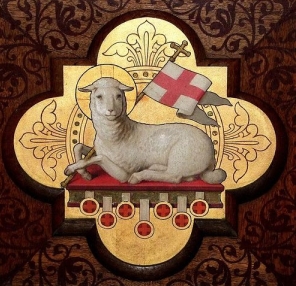
“Holy, holy, holy is the Lord God almighty, who was, and who is, and who is to come . . . Worthy are you, Lord our God, to receive glory and honor and power, for you created all things; because of your will they came to be and were created.” (Rev 4:1-11)
https://bible.usccb.org/bible/readings/111622.cfm
The hymns from the Book of Revelation seem to be taken directly from the liturgy of the community that produced this fascinating book. Hymns are an important part of all liturgy of the church. As Saint Augustine would say, “The one who sings, prays twice!” The young man in today’s video prays thrice!
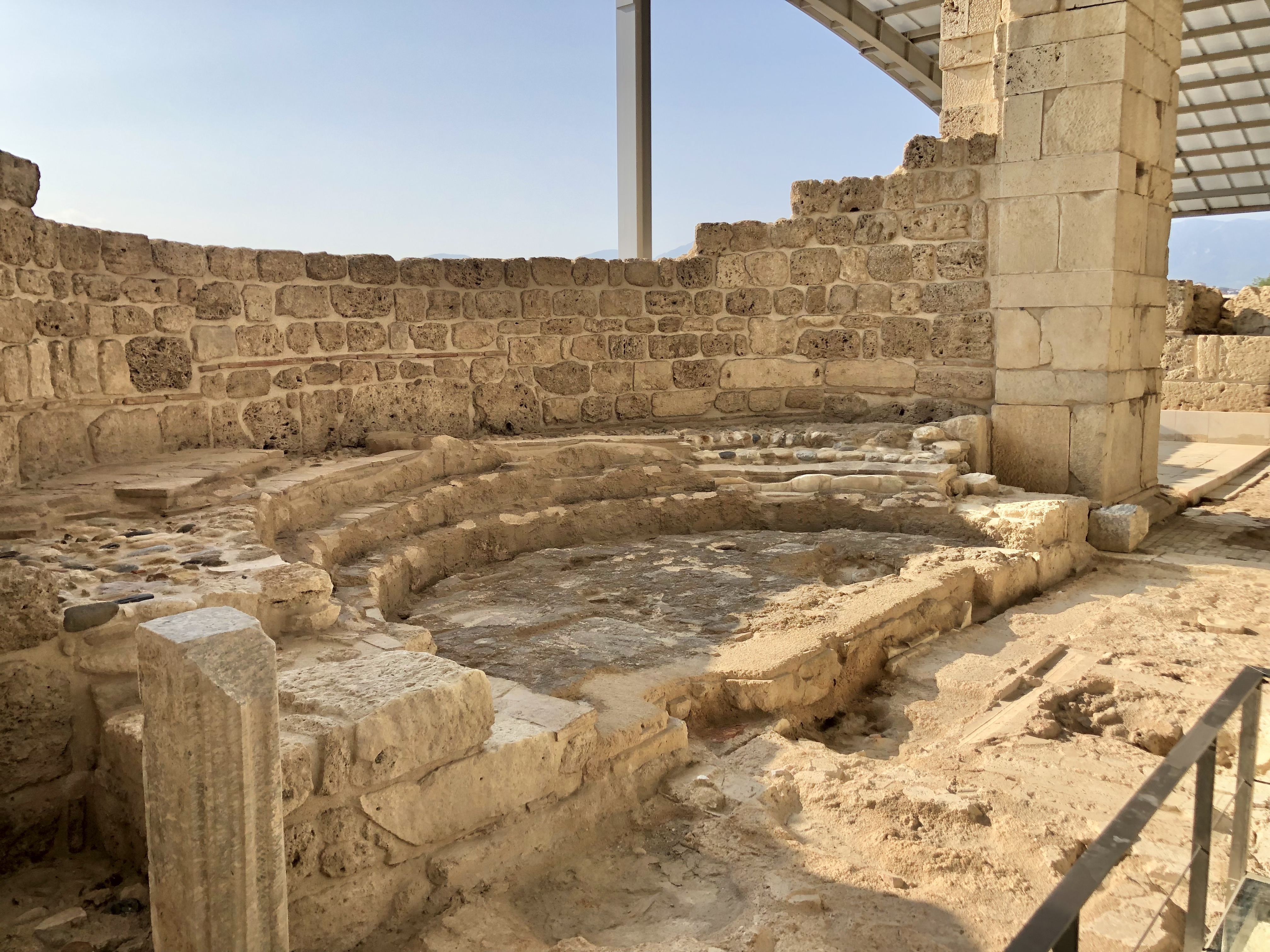
"To the angel of the Church in Laodicea, write this: “‘The Amen, the faithful and true witness, the source of God’s creation, says this: “I know your works; I know that you are neither cold nor hot. I wish you were either cold or hot. So, because you are lukewarm, neither hot nor cold, I will spit you out of my mouth. (Rev 3:1-6, 14-22)
https://bible.usccb.org/bible/readings/111522.cfm
This passage has always stuck in my mind. How did the community of Laodicea receive this message from the Lord . . . that they made him sick to his stomach? Today’s picture is a picture of the church from our visit to the ruins of ancient Laodicea.
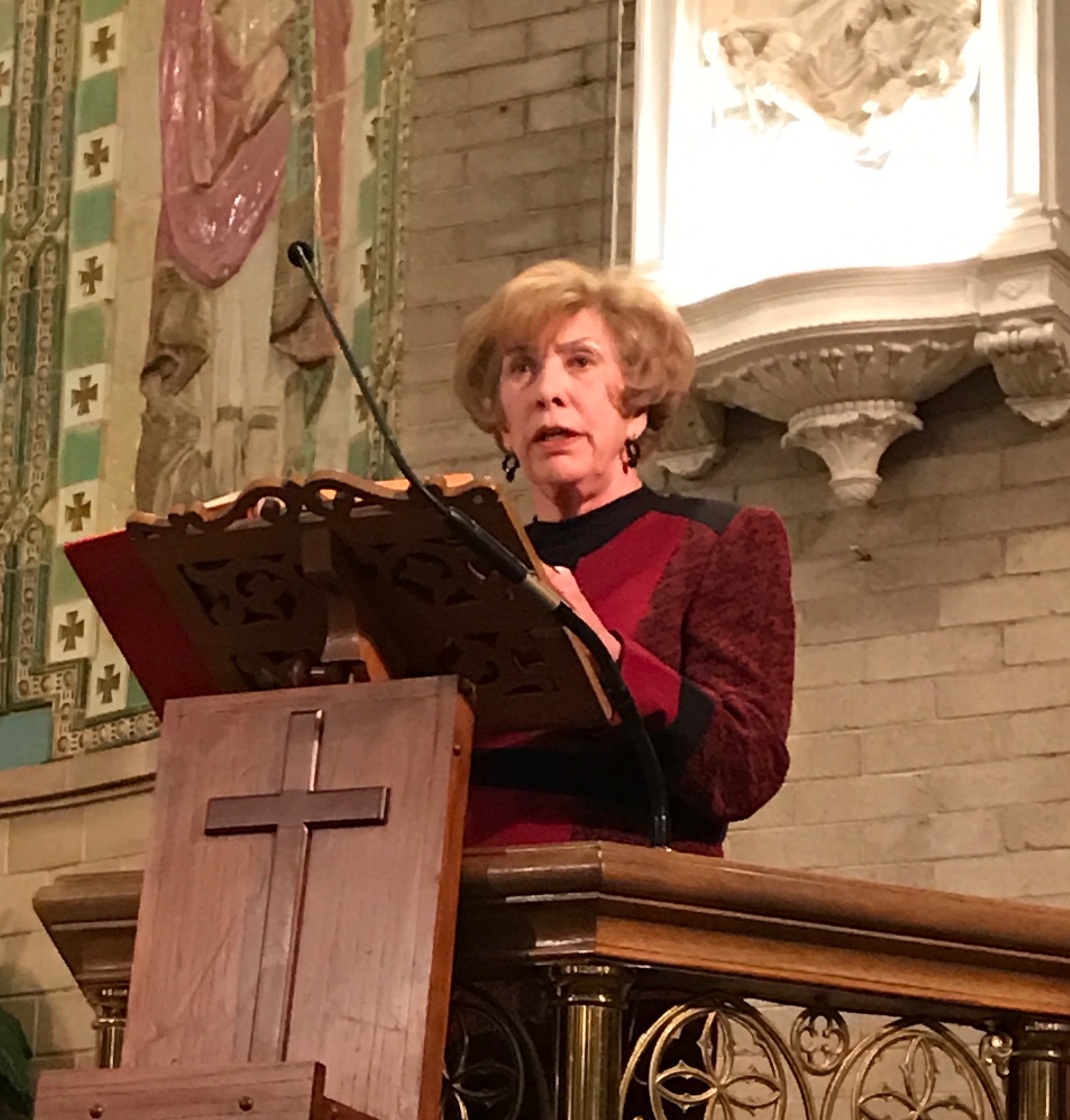
Blessed is the one who reads aloud and blessed are those who listen to this prophetic message and heed what is written in it, for the appointed time is near. (Rev 1:1-4; 2:1-5)
https://bible.usccb.org/bible/readings/111422.cfm
As the liturgical year comes to a close, we begin the reading of the Book of Revelation. A key to understanding the book is perhaps hidden in the above passage. It seems that the setting for the book is the liturgy of this community: “Blessed is the one who reads aloud and blessed are those who listen.” The “letters” to the seven churches of Asia Minor although addressed to specific communities have always been treasured by the whole church.



